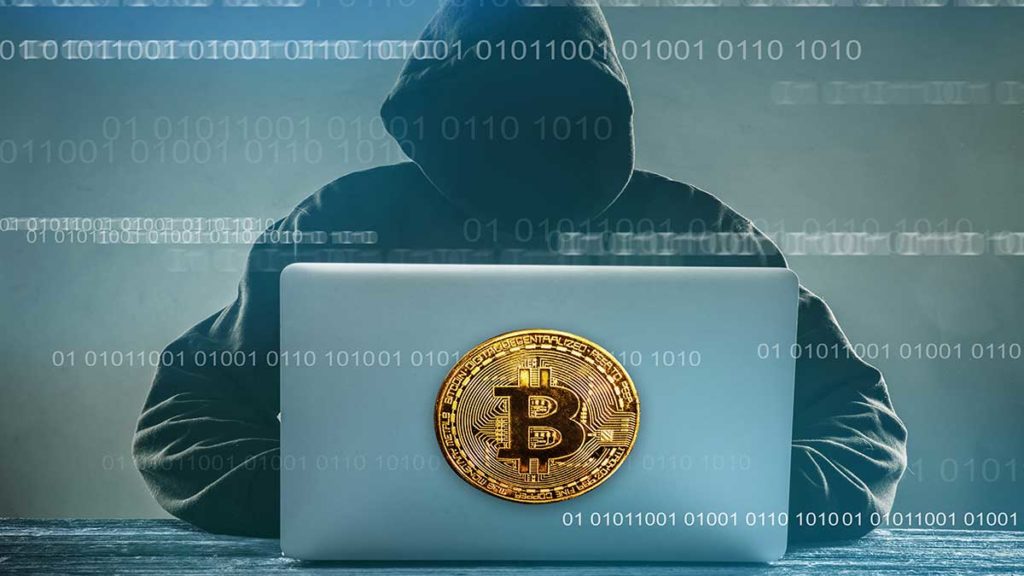At its very core, cryptocurrency is about decentralization. It means that you’re entirely responsible for keeping track of your own money without the need for a bank or other third party to help you.
That being said, if you lose access to your cryptos, the currency inside your crypto wallet is gone forever. No one can help you. This is precisely why it’s essential to properly protect your cryptocurrency assets. But how?
What Is Cryptocurrency Asset Protection?
Asset protection seeks to address the security of your cryptocurrency wallet. The easiest way to set up crypto asset protection is by using two separate wallets, known as a ‘cold wallet’ and a ‘hot wallet.’ Most cryptocurrency users use an online wallet or hot wallet to store their coins for short-term use while keeping their money in a cold wallet if they just want to hold it.
However, holding bags of cryptocurrency might put investors to legal threats in the future, especially for countries where governments are already adopting regulations. That’s why some consider putting their crypto assets in a trust outside their homeland to avoid being subject to government seizures. For more information about offshore asset protection, check this online resource: https://blakeharrislaw.com/asset-protection/offshore-trusts or other available online resources.
Cryptocurrency Security Risks
To protect their crypto assets, an investor must be aware of the risks that go along with them. Here are some of the risks you need to protect your wallet against:
-
Hackers: Cryptocurrencies are always at risk of being stolen by hackers. It’s not just that they’re constantly rushing to find security vulnerabilities in the blockchain to exploit, but also because they’re becoming more sophisticated. Even crypto exchanges that hold billions of dollars in cryptocurrencies are also at risk from hackers as these exchanges are also their biggest target.
-
Fraud Exchanges: Crypto exchanges are where investors can buy and sell cryptocurrencies. However, crypto investors are also at risk of being conned by fraudulent exchanges. Some exchanges appear to be legitimate at first but will disappear after months of being in business.
-
Losing Wallet Access: Investors are also at risk of losing access to their wallets for whatever reason. For instance, there’ve been cases where crypto investors lost their wallet’s password or private key. Losing either of these will mean you’ll lose access to your funds forever.
-
Compliance Risks: Compliance risks come in several forms. For instance, you can get hit with fines for tax evasion in some countries if you fail to report your cryptocurrency profits. Another compliance risk is whether your crypto assets are legal where you are. Some countries ban cryptocurrencies or have regulations that could put you in a bad position.

How To Protect Your Cryptocurrency Assets?
There are several steps you can take to protect your cryptocurrency assets adequately. These are a few steps you can follow to safeguard your investment:
-
Use An Offline Wallet For All Your Assets: The most secure way to store crypto assets is by using an offline wallet or cold wallet. It involves removing your cryptocurrency investment from the Internet and store them on a flash drive or other form of offline storage. A paper wallet is one of the most secure ways to store your crypto assets offline. Because it doesn’t connect to the internet, it’s impossible for hackers to find a way to steal your funds.
-
Consider Using Two-Factor Authentication: While this alone isn’t a complete security measure, it can go a long way in protecting your assets. Using two-factor authentication requires that the second authentication comes from a second source. So if you need to access your wallet for transaction purposes, the site will provide a six-digit code that the wallet owner should enter to proceed. Thus, even if someone learns your password, they cannot log in to your wallet without the six-digit code on hand.
-
Avoid Fraudulent Exchanges: To ensure you’re using a legitimate exchange or cryptocurrency broker, do some research on the company. Read user reviews and visit their social media pages to see complaints. If you’re investing a lot of money, it’s advisable not to use a cryptocurrency exchange as your asset storage.
-
Know The Compliance Requirements In Your Country: Different countries have different laws and regulations about cryptocurrencies. Even though most countries have no rules yet regarding cryptocurrencies, keep your eyes open for news wherever you are to know what regulations your government is passing relating to crypto. Also, some country that allows cryptocurrencies are likely to have tax requirements that investors must follow. Therefore, ensure that you’re well aware of the compliance requirements in your location before investing to avoid unnecessary penalties.
Final Words
Several risks could compromise your cryptocurrency assets, but you can significantly reduce the risks with proper security measures. The best way to protect your cryptocurrency assets is to use an offline wallet for storage and two-factor authentication for when you need to access your hot wallet. When it comes to crypto exchanges, avoid fraudulent ones and check for compliance requirements in your country.
Press releases published by Crypto Economy have sent by companies or their representatives. Crypto Economy is not part of any of these agencies, projects or platforms. At Crypto Economy we do not give investment advice and encourage our readers to do their own research.



